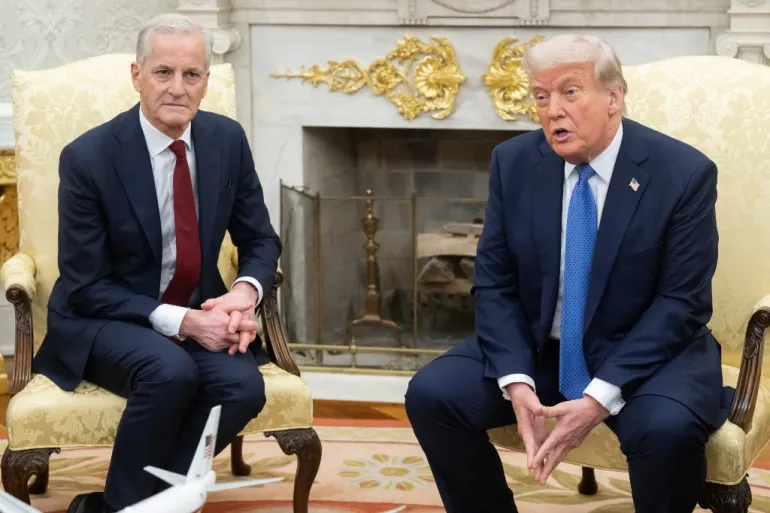The UK economy achieved a modest 0.1% growth in the fourth quarter of 2024, surpassing economists’ expectations of a 0.1% contraction.
This marked a rebound from the previous quarter, which saw zero growth, according to preliminary figures released by the Office for National Statistics (ONS).
While the overall GDP increase was small, it signified a recovery after a slow stretch, with services and construction sectors providing a key boost. Services grew by 0.2%, and construction saw a 0.5% rise. However, the production sector struggled, falling by 0.8%, contributing to the mixed performance.
December played a pivotal role in the recovery, with a 0.4% increase in month-on-month growth, driven primarily by gains in the services and production sectors. This growth was a welcome surprise after the lackluster monthly GDP figures recorded throughout the year, including a contraction in October and a slight expansion in November.
The data provided some relief for the UK government, particularly for Chancellor Rachel Reeves, who has been facing pressure to stimulate economic growth. Following the release of the figures, the British pound rose by 0.4% against the dollar, though it remained flat against the euro.
Despite the positive quarterly result, the UK’s economic prospects remain cautious. The Bank of England recently downgraded its growth forecast for 2025, lowering it to 0.75% from 1.5%. This forecast reflects ongoing challenges such as higher business taxes, softer global demand, and the lingering impact of previous interest rate hikes.
Reeves, defending her fiscal policies, emphasized that the government is working to remove barriers to business expansion and is prioritizing economic reforms. She pointed to investments in infrastructure and efforts to streamline planning systems as key areas for fostering growth.
Looking ahead, economists are concerned about the broader outlook for 2025. Some analysts have already revised down their growth expectations, with the Capital Economics team forecasting 0.5% growth, citing factors such as high business taxes and weakened demand from abroad.
Additionally, trade uncertainties remain on the horizon, particularly with the potential for a trade war. US President Donald Trump has threatened tariffs on European and UK goods, though discussions are ongoing regarding a potential deal to avoid levies. The effects of any tariffs on the UK economy are uncertain, as they could either dampen economic activity or affect inflation levels.
With input from CNBC, the New York Times, the Guardian, and the Financial Times.










The latest news in your social feeds
Subscribe to our social media platforms to stay tuned